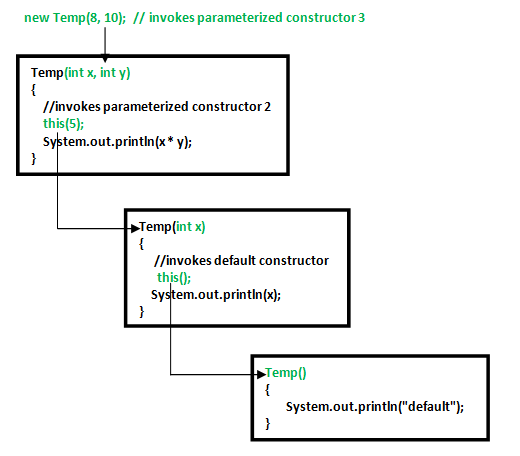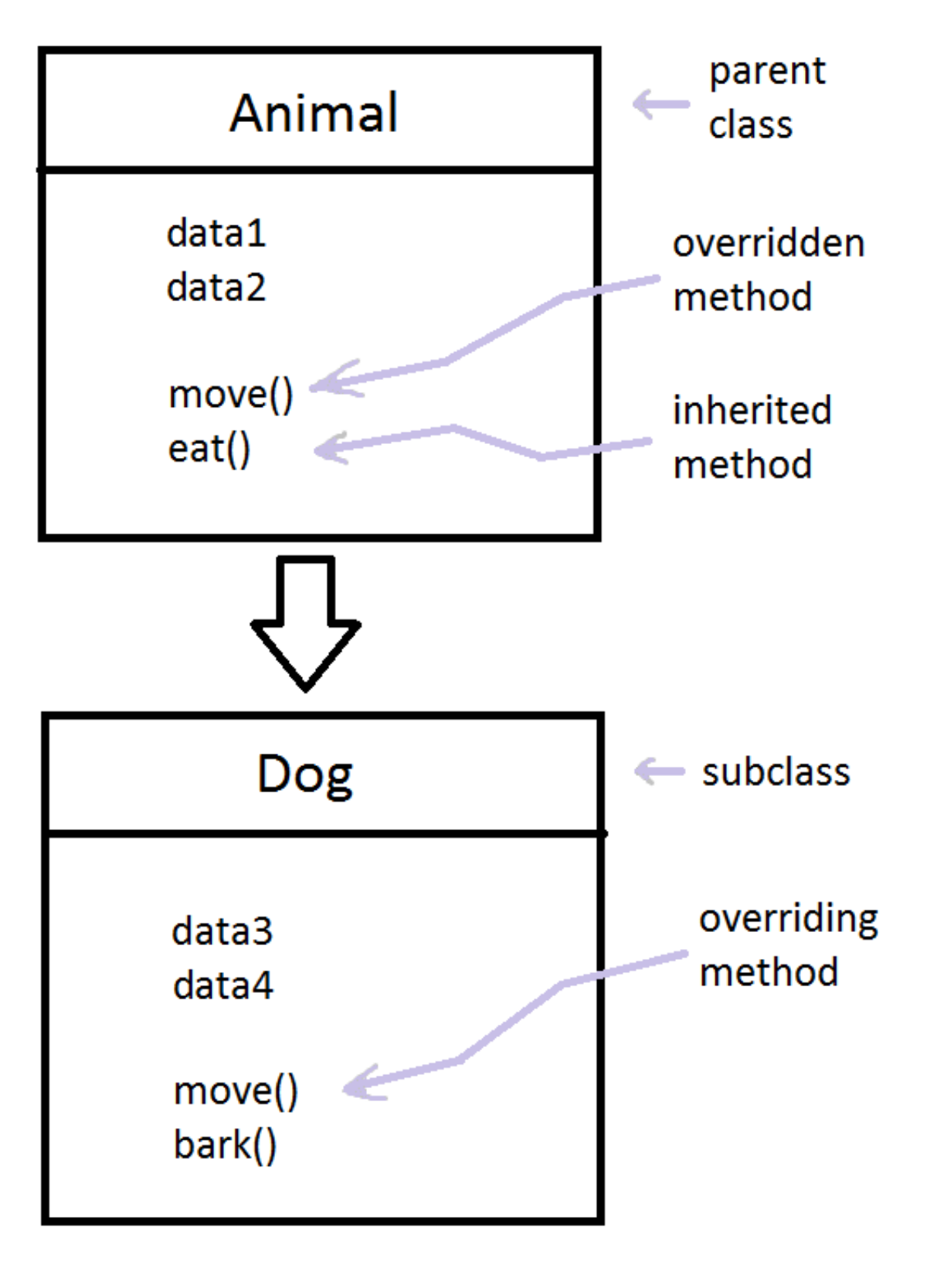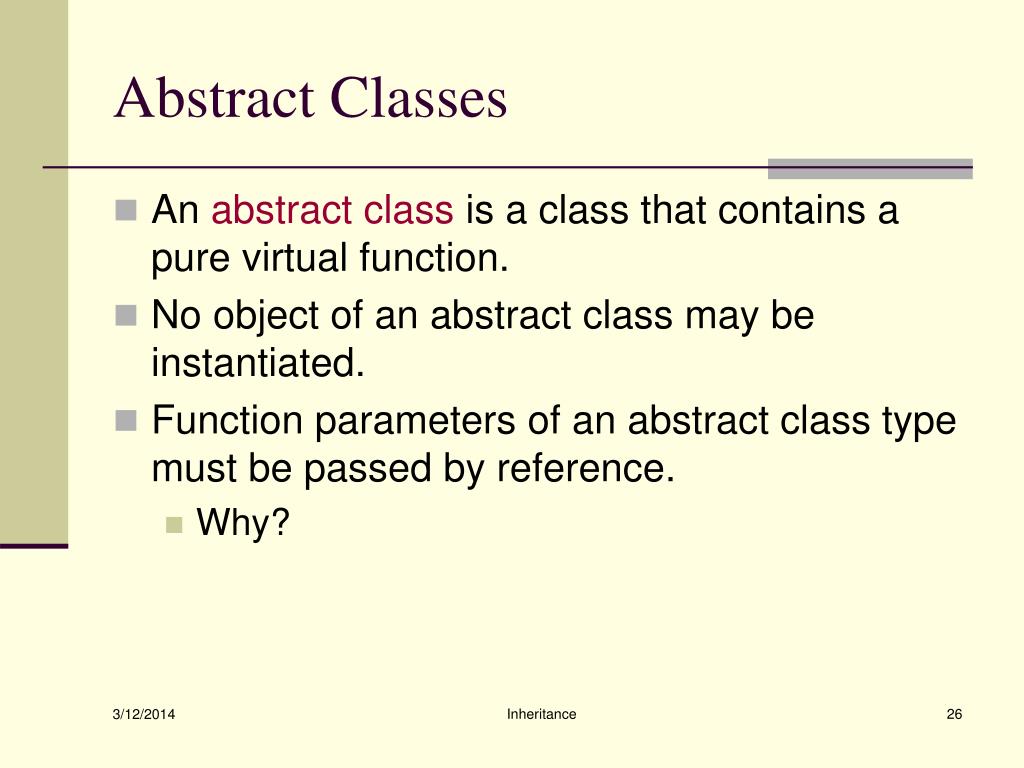OOPS In Java Presentation
| Introduction to OOPS in Java | ||
|---|---|---|
| Object-Oriented Programming (OOPS) is a programming paradigm that allows us to model real-world objects in our code. Java is an object-oriented programming language that fully supports the principles of OOPS. OOPS in Java provides a modular and organized approach to coding, making it easier to understand and maintain. | ||
| 1 | ||
| Four Pillars of OOPS | ||
|---|---|---|
| Encapsulation: It is the process of hiding the internal details of an object and providing a public interface for accessing and manipulating it. Inheritance: It allows one class to inherit the properties and methods of another class, creating a hierarchical relationship between classes. Polymorphism: It allows objects of different classes to be treated as objects of a common superclass, providing flexibility and extensibility in code. | ||
| 2 | ||
| Classes and Objects | ||
|---|---|---|
| A class is a blueprint or template for creating objects that define their attributes and behaviors. An object is an instance of a class that has its own state and behavior. Objects are created using the "new" keyword and can be assigned to variables of their respective class types. | ||
| 3 | ||
| Constructors and Destructors | ||
|---|---|---|
| Constructors are special methods that are called when an object is created and are used to initialize its state. In Java, constructors have the same name as the class and can be overloaded to create objects with different initial states. Java does not have explicit destructors, but it has a garbage collector that automatically frees the memory of objects that are no longer referenced. | ||
| 4 | ||
| Access Modifiers | ||
|---|---|---|
| Access modifiers control the visibility and accessibility of classes, methods, and variables. The four access modifiers in Java are public, private, protected, and default (no modifier). Public allows access from anywhere, private restricts access to within the class, protected allows access within the package and subclasses, and default allows access within the package. | ||
| 5 | ||
| Inheritance and Polymorphism | ||
|---|---|---|
| Inheritance allows a class to inherit properties and methods from another class, promoting code reuse and creating a hierarchical structure. Polymorphism allows objects of different classes to be treated as objects of a common superclass, enabling flexibility and extensibility in code. In Java, inheritance is achieved using the "extends" keyword, and polymorphism is achieved through method overriding and method overloading. | ||
| 6 | ||
| Method Overriding and Overloading | ||
|---|---|---|
| Method Overriding is the process of providing a different implementation of a method in the subclass that is already defined in its superclass. Method Overloading is the process of defining multiple methods with the same name but different parameters in the same class or subclass. Both method overriding and overloading are examples of polymorphism and allow for code reuse and flexibility. | ||
| 7 | ||
| Abstract Classes and Interfaces | ||
|---|---|---|
| An abstract class is a class that cannot be instantiated and serves as a blueprint for subclasses. Abstract classes can have abstract methods, which are declared but not defined in the abstract class and must be implemented in the subclasses. Interfaces are similar to abstract classes but can only have abstract methods and cannot contain any implementation. | ||
| 8 | ||
| Encapsulation and Data Hiding | ||
|---|---|---|
| Encapsulation is the process of bundling data and methods together into a single unit, known as a class, and hiding the internal details from the outside world. Data hiding is achieved by declaring variables as private and providing public methods (getters and setters) to access and modify the data. Encapsulation protects the data from unauthorized access and ensures data integrity. | ||
| 9 | ||
| Benefits of OOPS in Java | ||
|---|---|---|
| Reusability: OOPS allows for code reuse through inheritance and polymorphism, reducing development time and effort. Modularity: OOPS promotes modular design, making it easier to understand, maintain, and update code. Flexibility and Extensibility: OOPS provides flexibility and extensibility through polymorphism, allowing for future enhancements and modifications without affecting existing code. | ||
| 10 | ||








